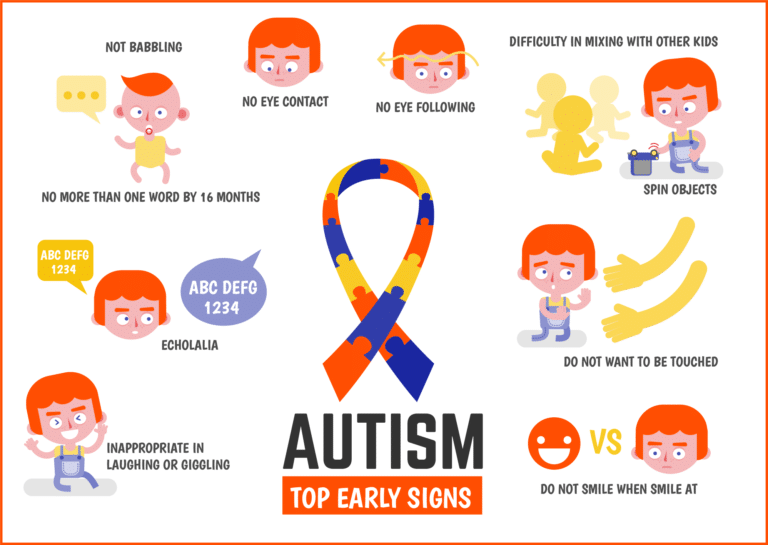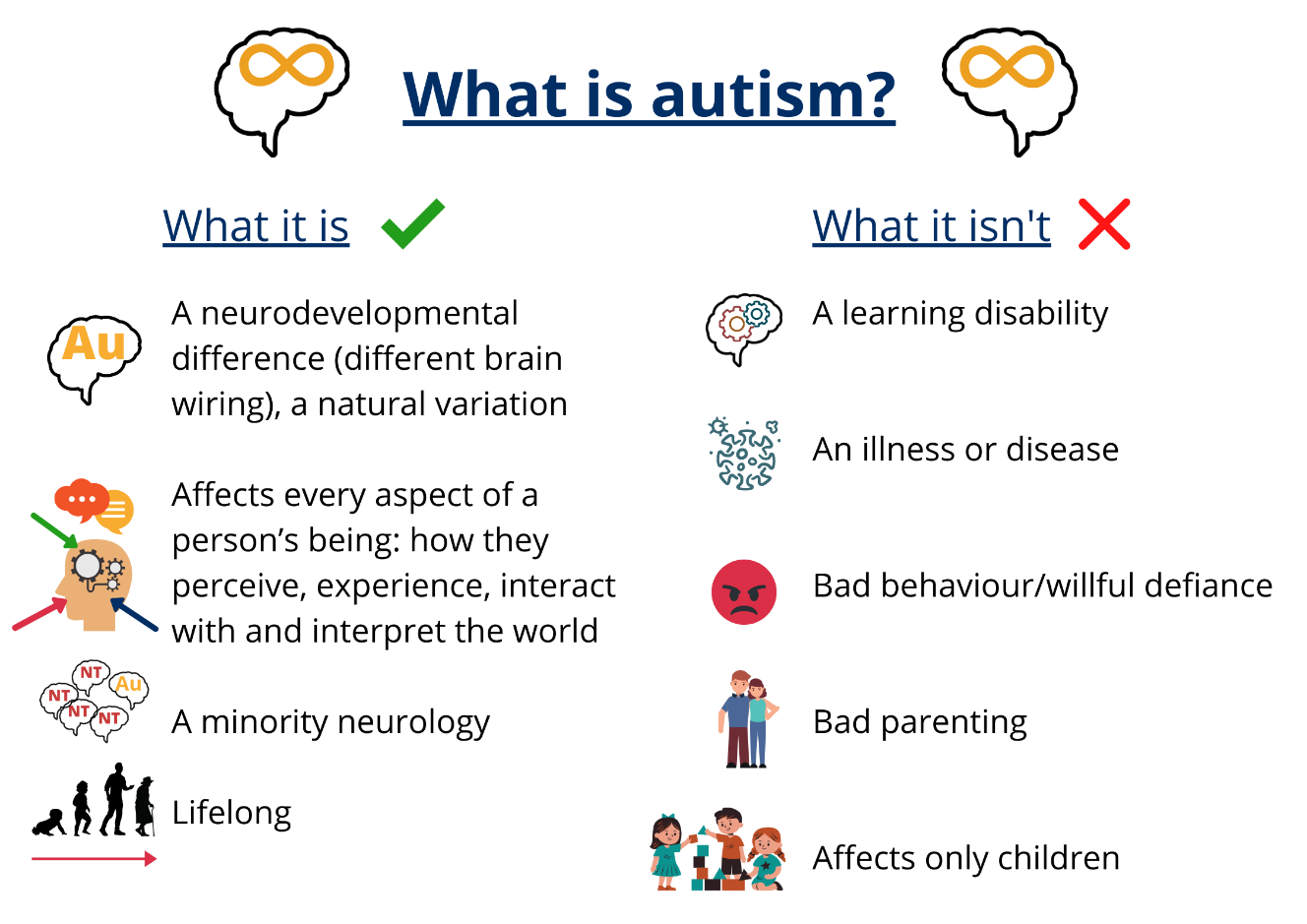Autism & Tough Behaviour: 3-18 Years

Reliable Methods For Intervention

What If My Kid Has A Hard Time To Learn About Feelings?
- The brand-new situation definition did not determine ASD among kids that were never identified as having ASD by a neighborhood service provider.If your kid shows qualities of autism, talk with your kid's pediatrician and/or school district management concerning getting an assessment if required, recommendations, and offered sources.We're here to inform you that you are not alone which both you and your youngster be entitled to support.Autism is referred to as a "spectrum" problem since no solitary characteristic is common to all and there is vast variation in the strength of qualities individuals experience.
It is necessary to bear in mind that autism is not something to be "healed" or gotten rid of. Instead of trying to transform autistic habits, our focus needs to get on creating settings and systems that suit and commemorate neurodiversity. Developing autism-friendly settings is essential for supporting people on the range. This could involve making sensory accommodations, providing clear framework and routines, or supplying different communication methods.
The trick is to recognize that each person's experience of autism is unique and deserving of customized understanding and support. Dr. Rachael Muscatello is a Research Assistant Teacher in the Division of Psychiatry and Behavioral Sciences at Vanderbilt University Medical Center (VUMC). She obtained her PhD in Neuroscience from Vanderbilt College in 2020 and finished her postdoctoral fellowship at VUMC.
Commonly, they may reveal much less interest in interacting socially, battle to make buddies, or prefer to play alone. Autism, being a range condition, presents one-of-a-kind behavioral features in each person. Recognizing these behavior features can assist moms and dads, caretakers, and professionals to offer the needed support and treatment. Study shows that by age 2, an ASD diagnosis by a skilled expert can be taken into consideration reputable. The autism range is not a straight range from "moderate" to "severe." Rather, it's a multidimensional principle that recognizes the varied ways autism can offer. This range encompasses a vast array of abilities, difficulties, and experiences, mirroring the special nature of each individual's neurology. Social communication and interaction abilities can be testing for individuals with ASD.